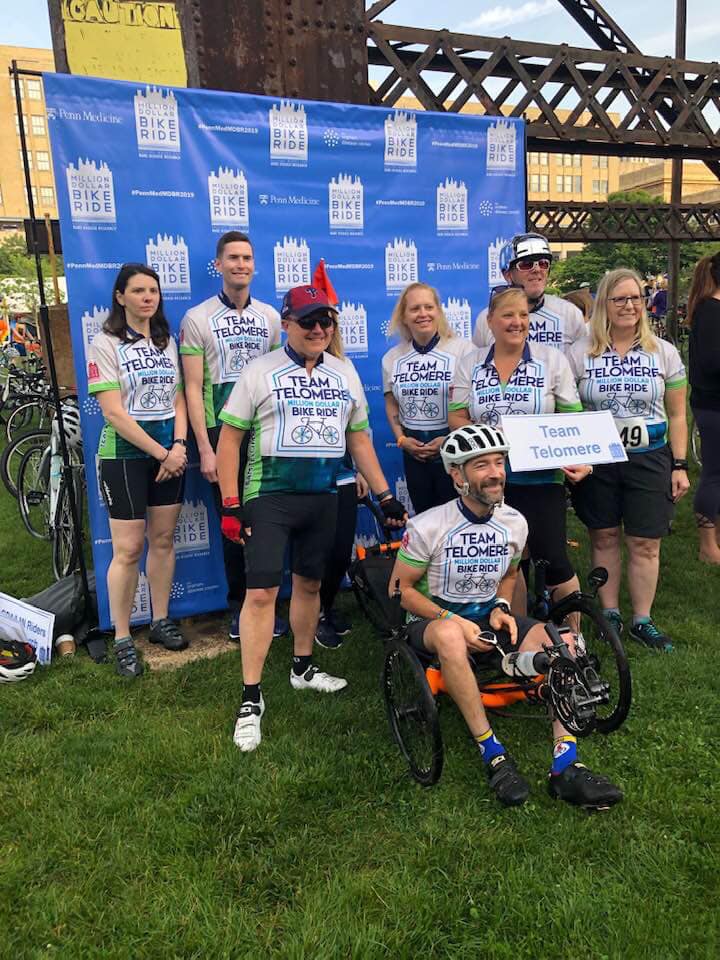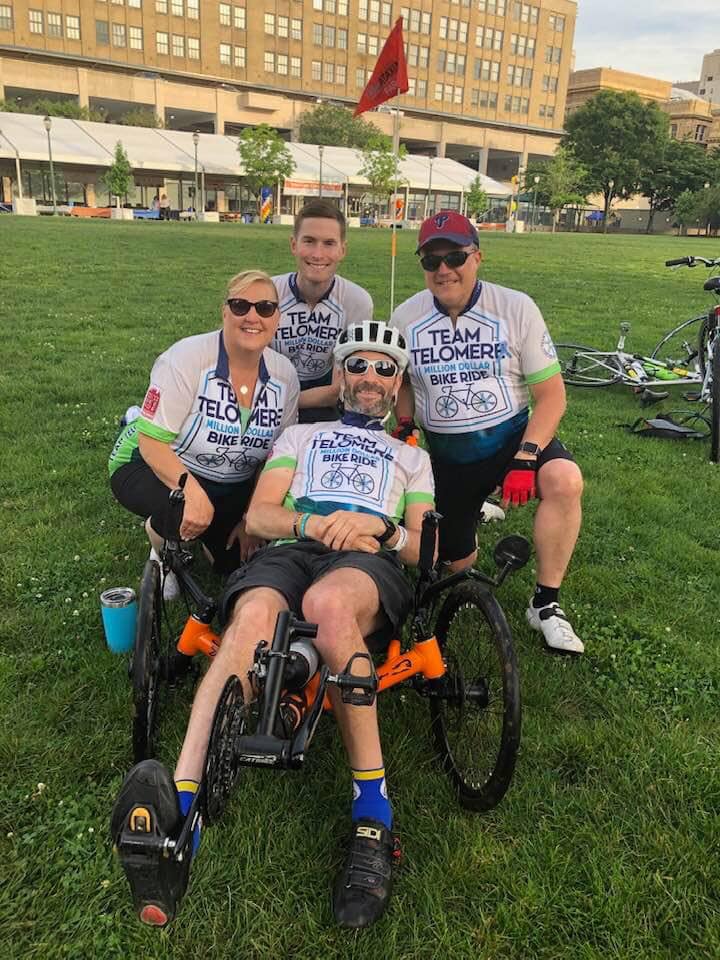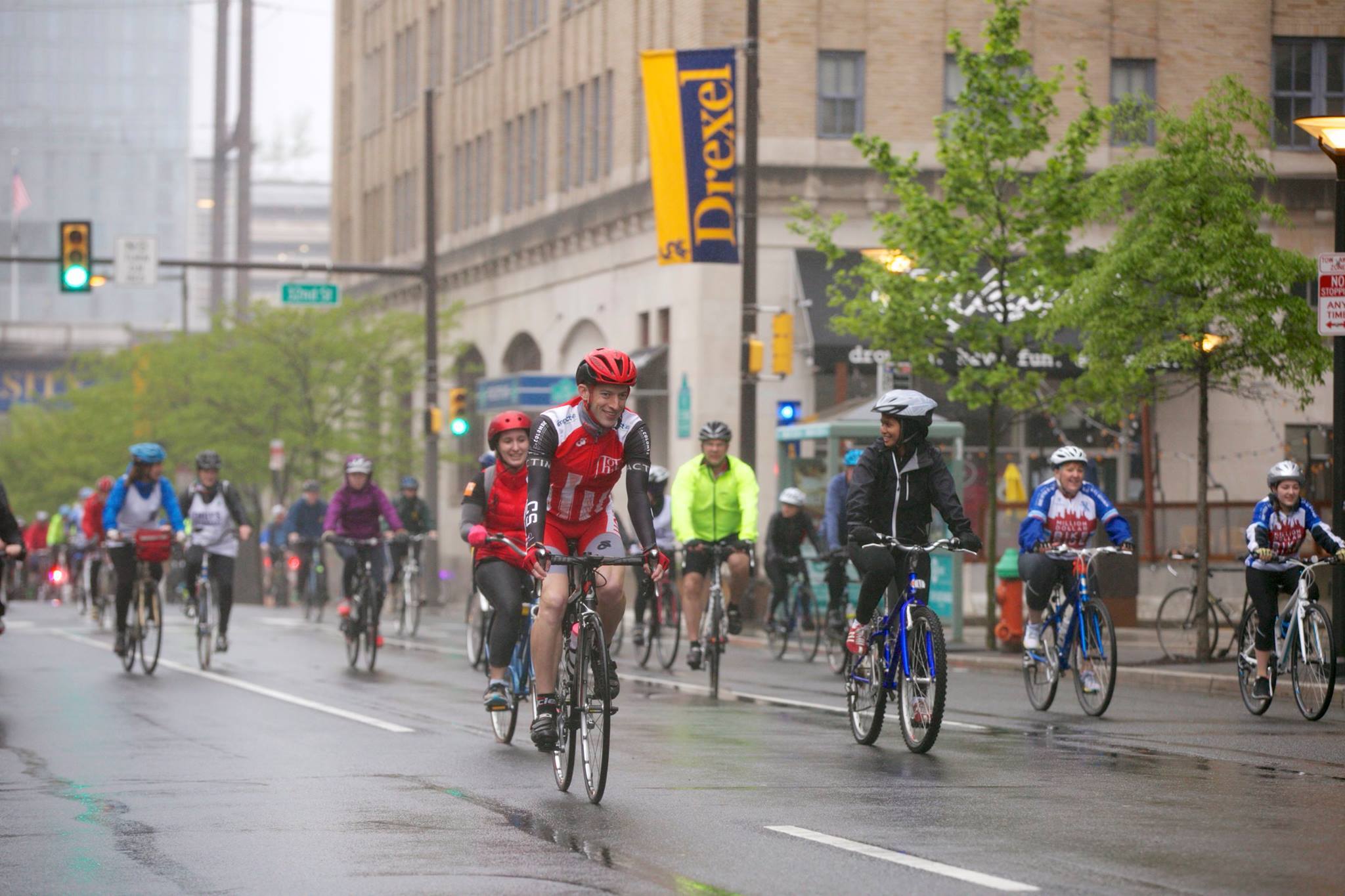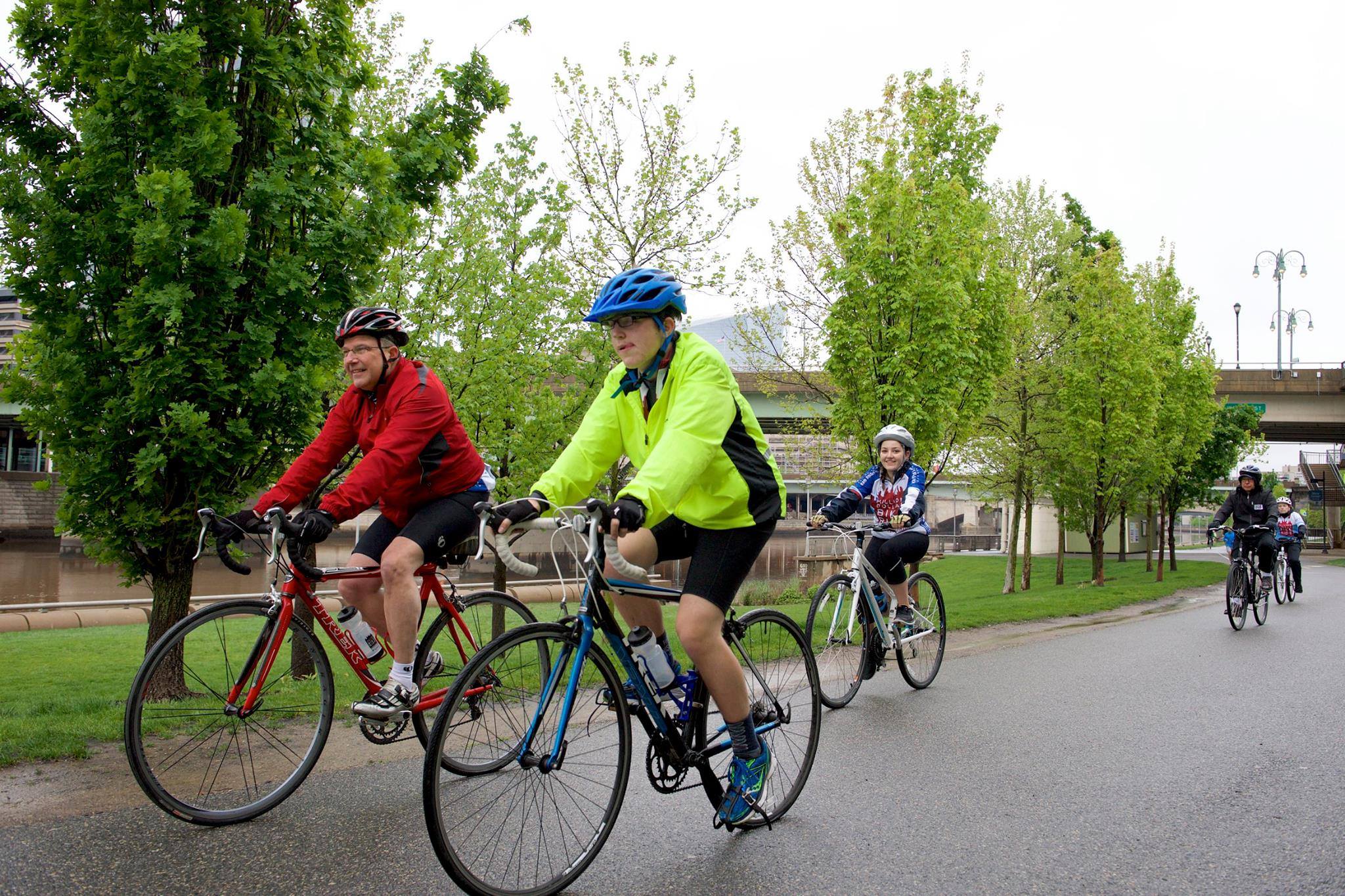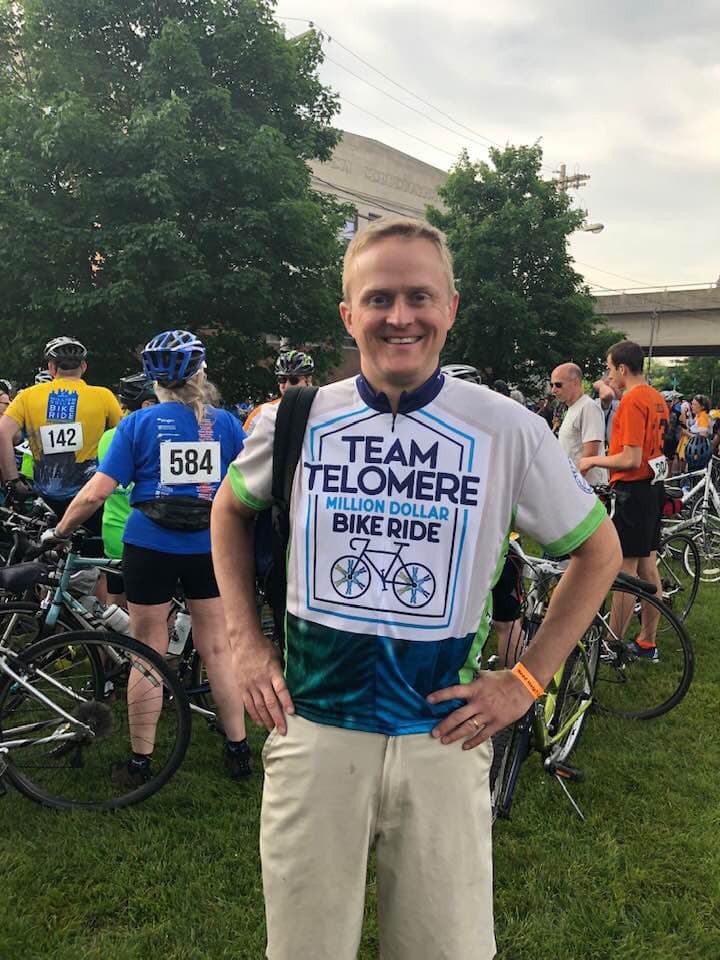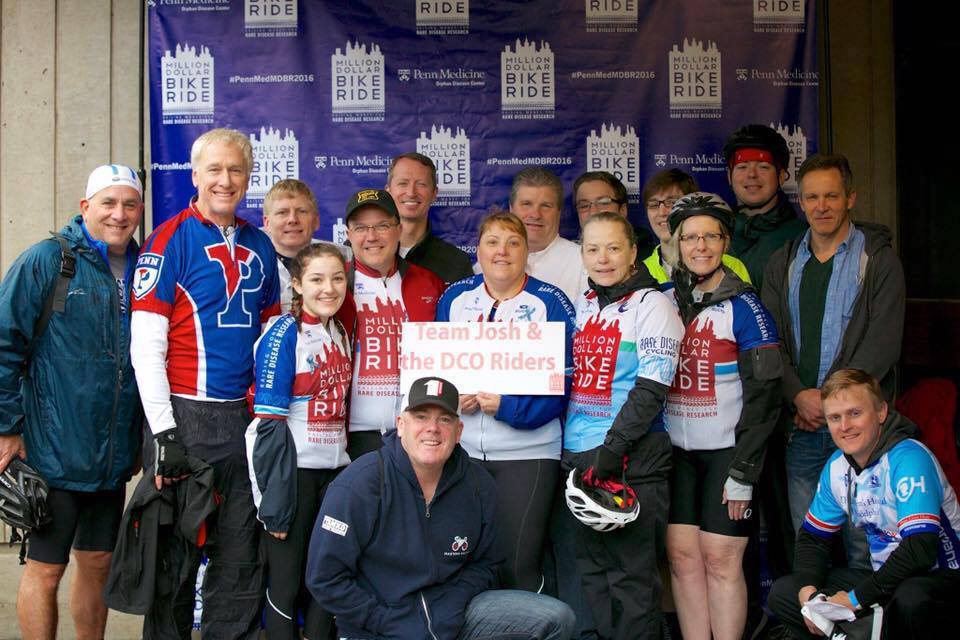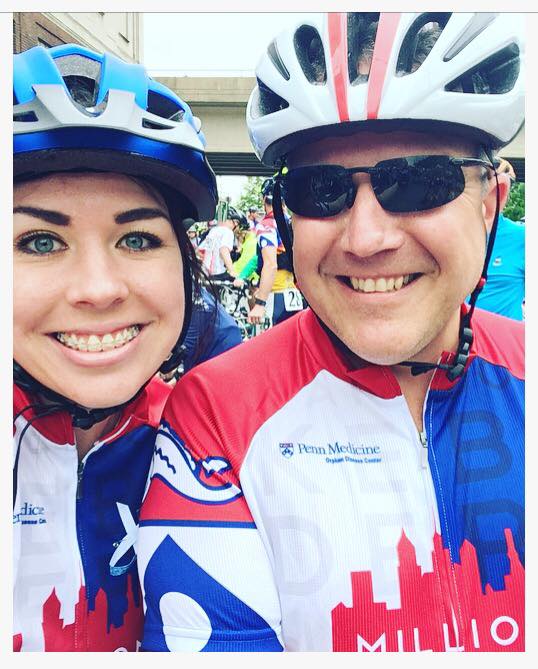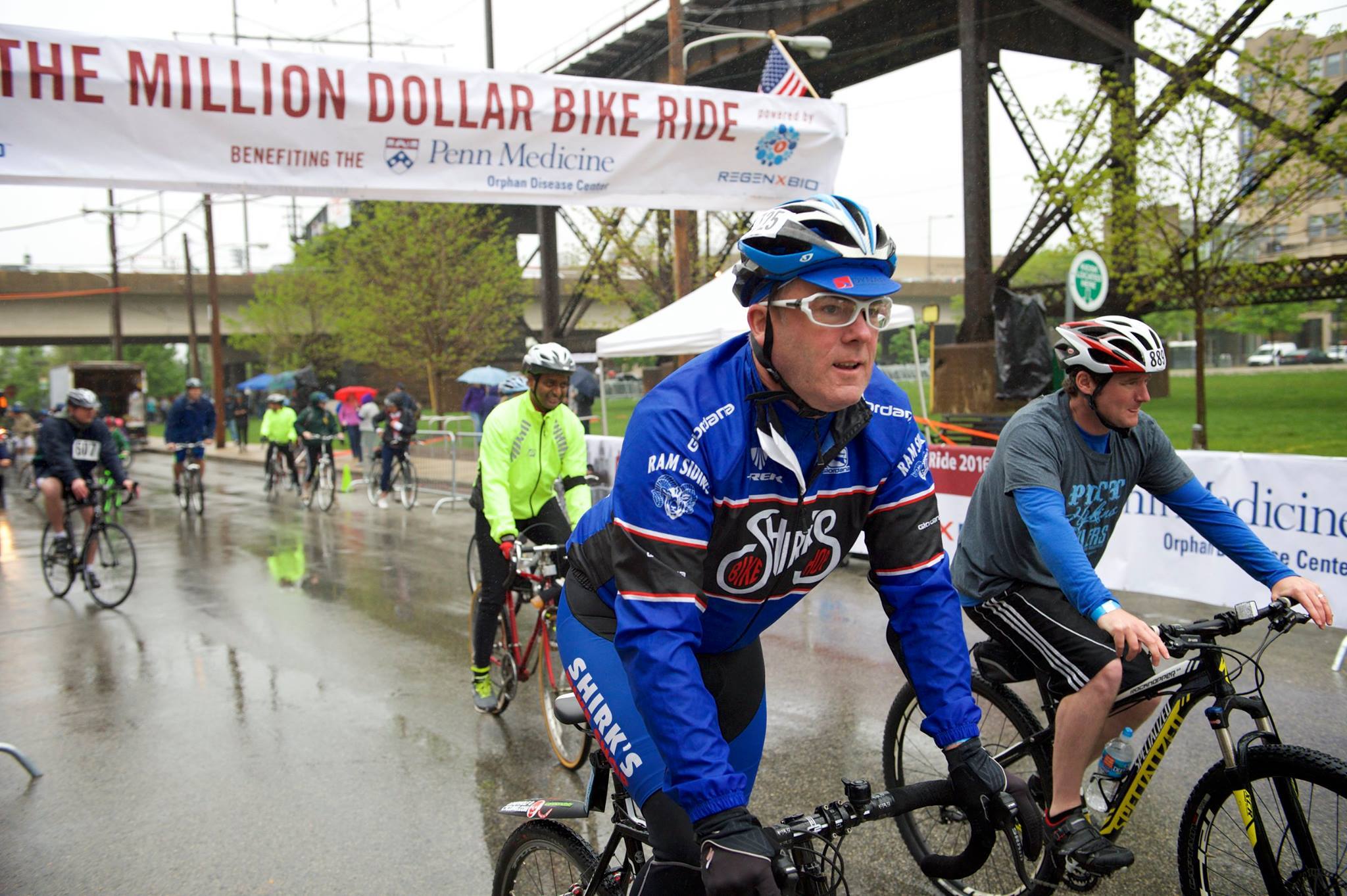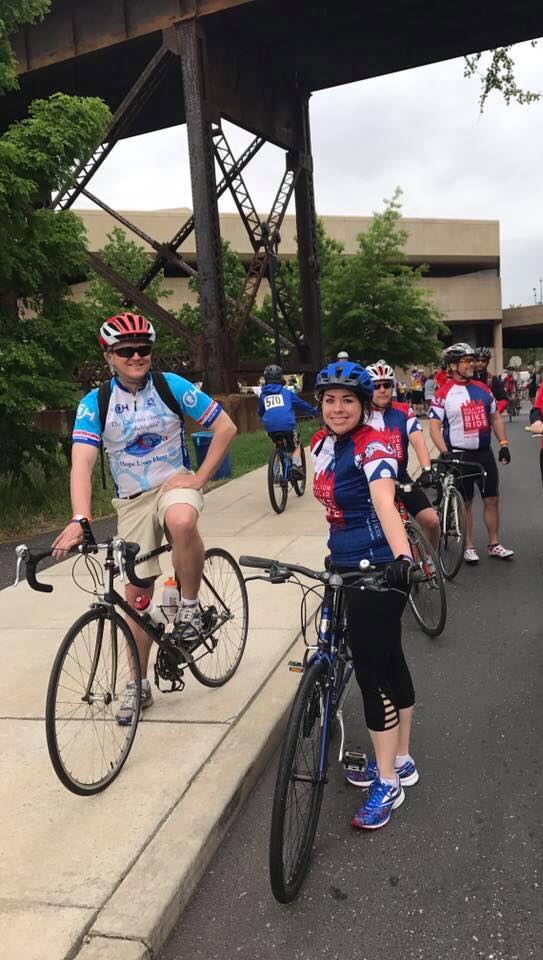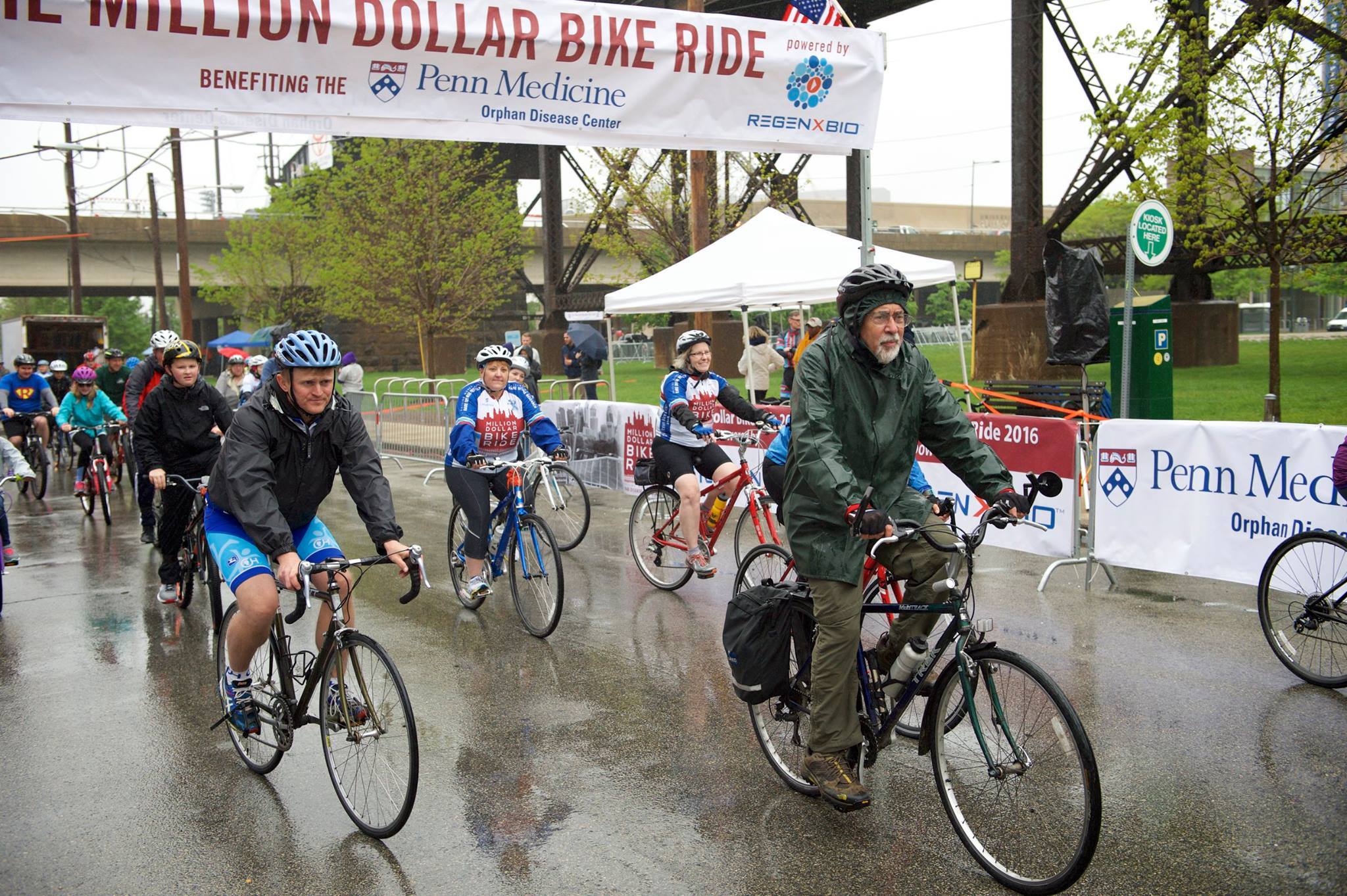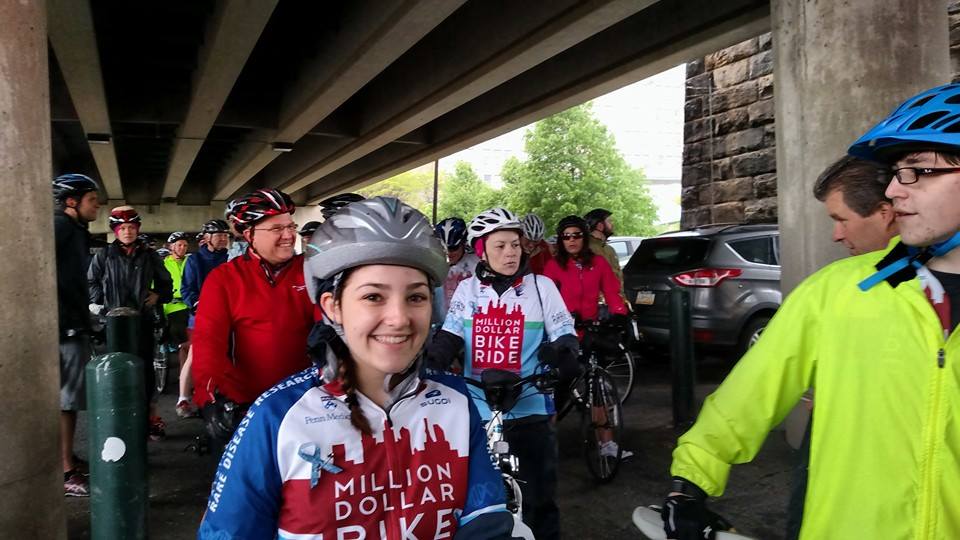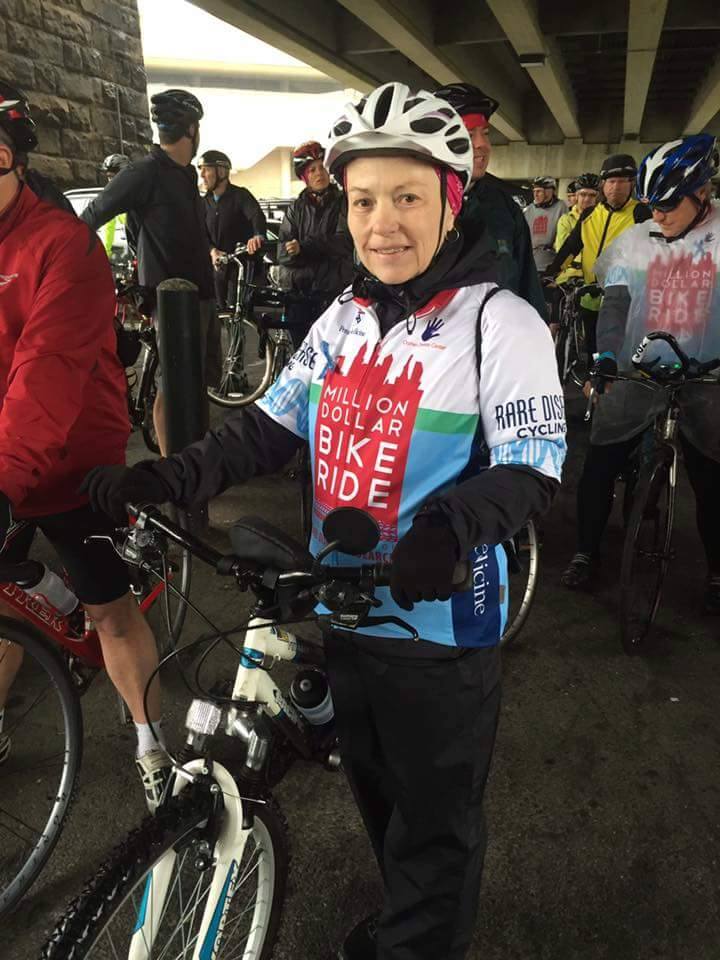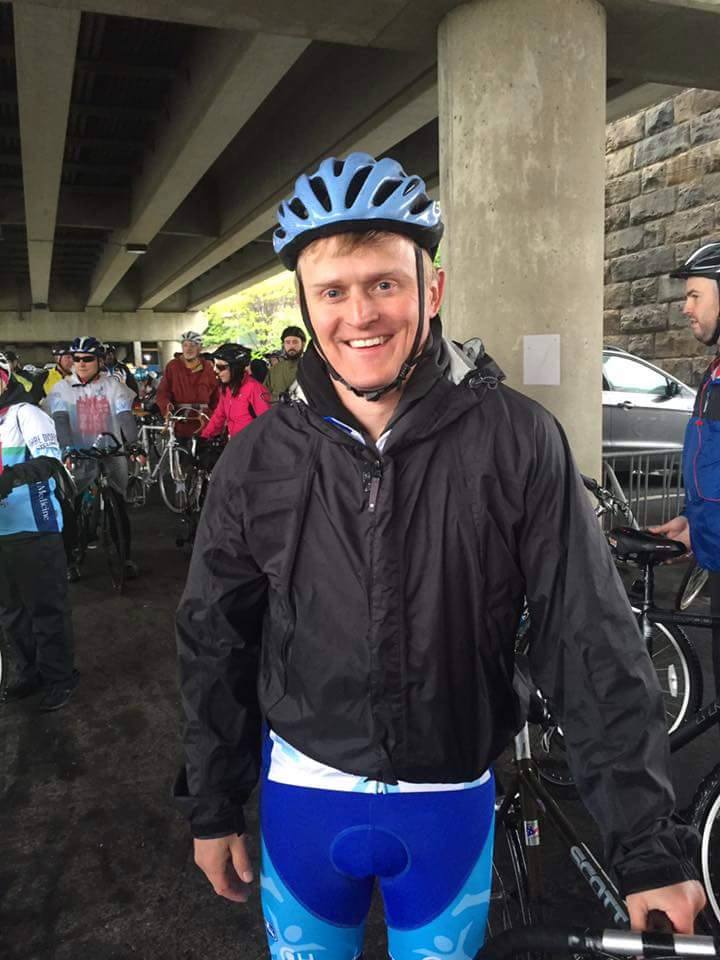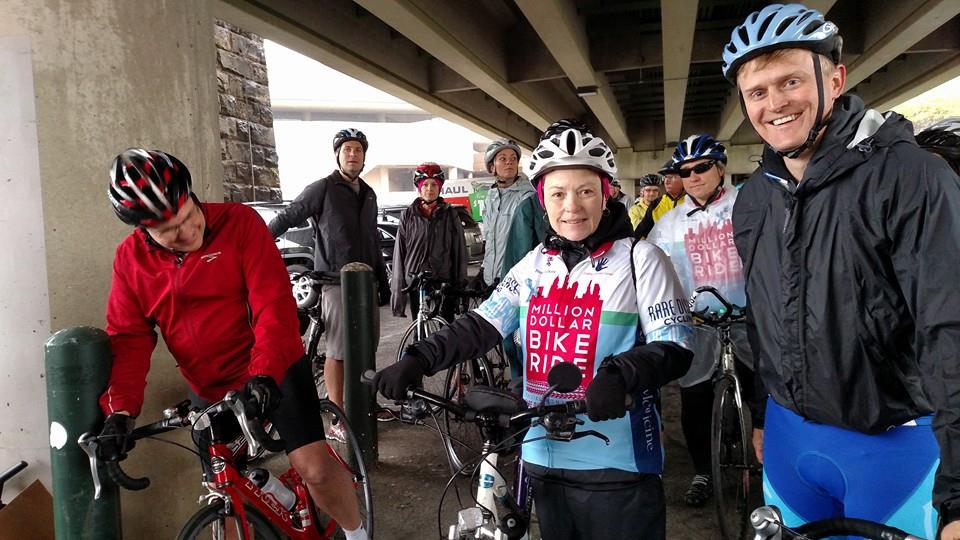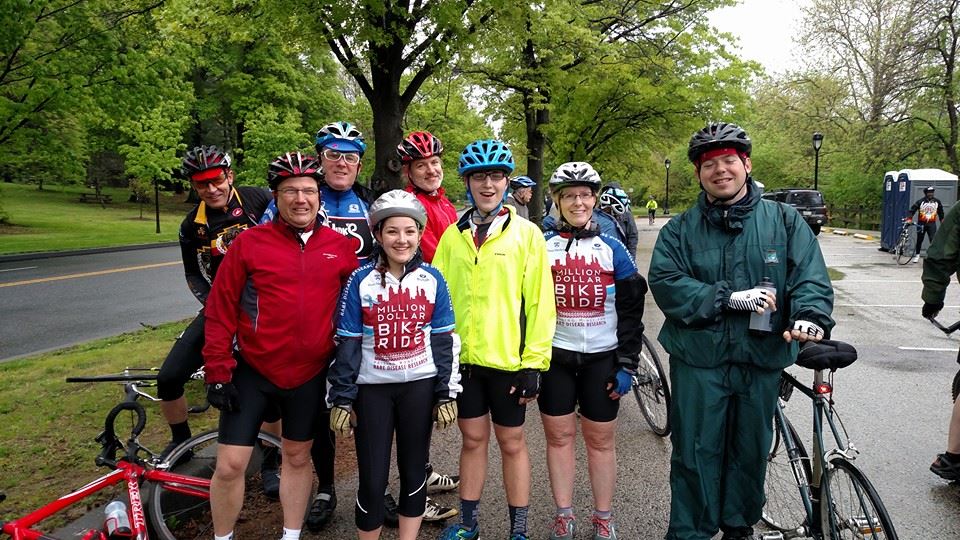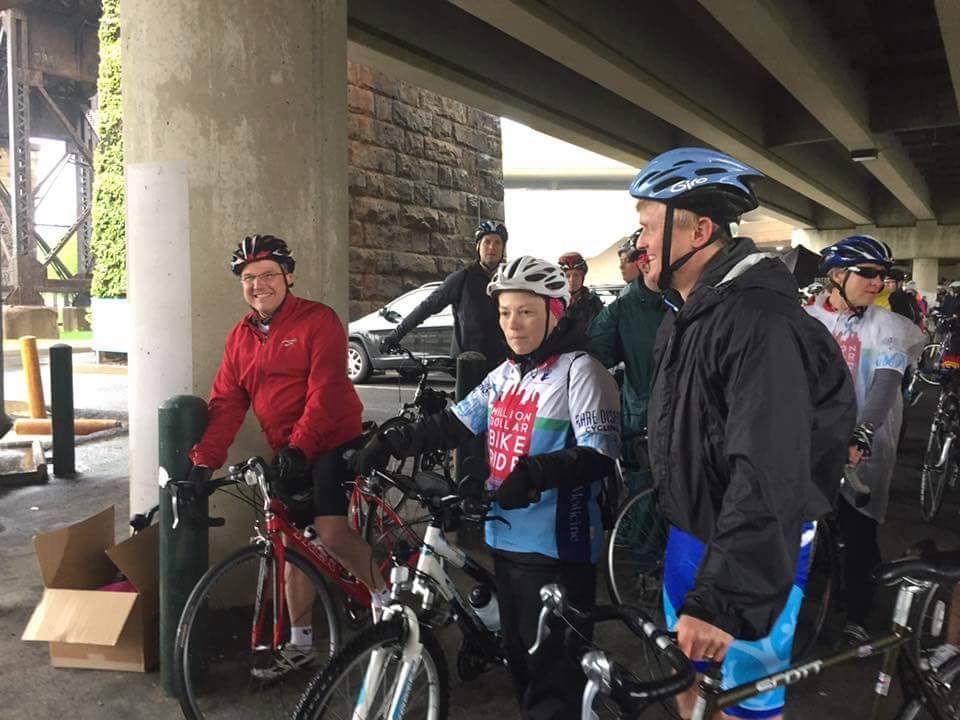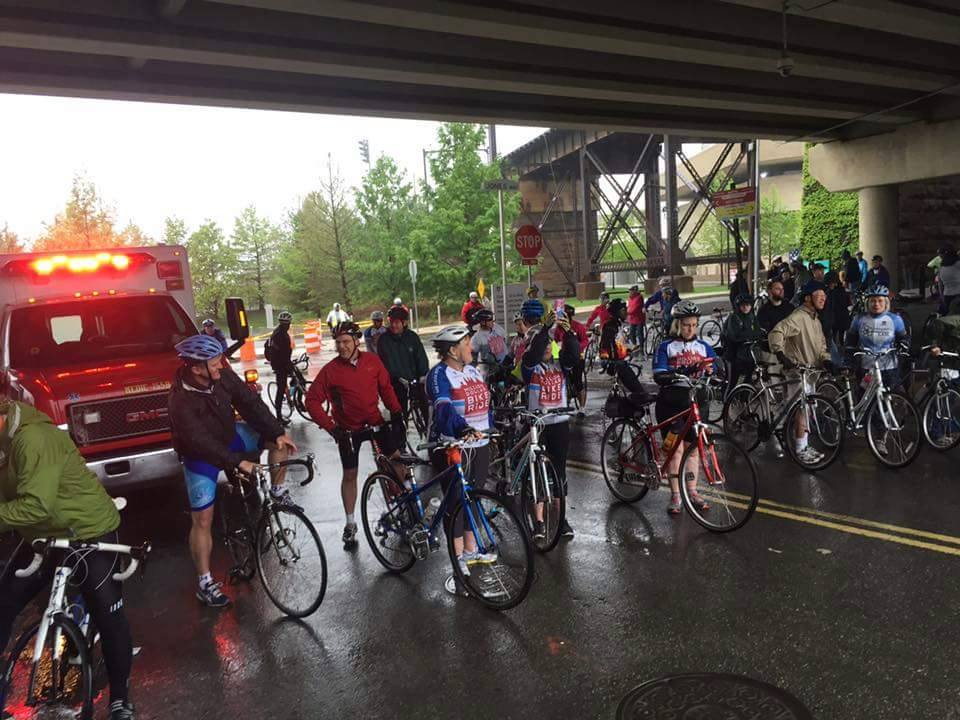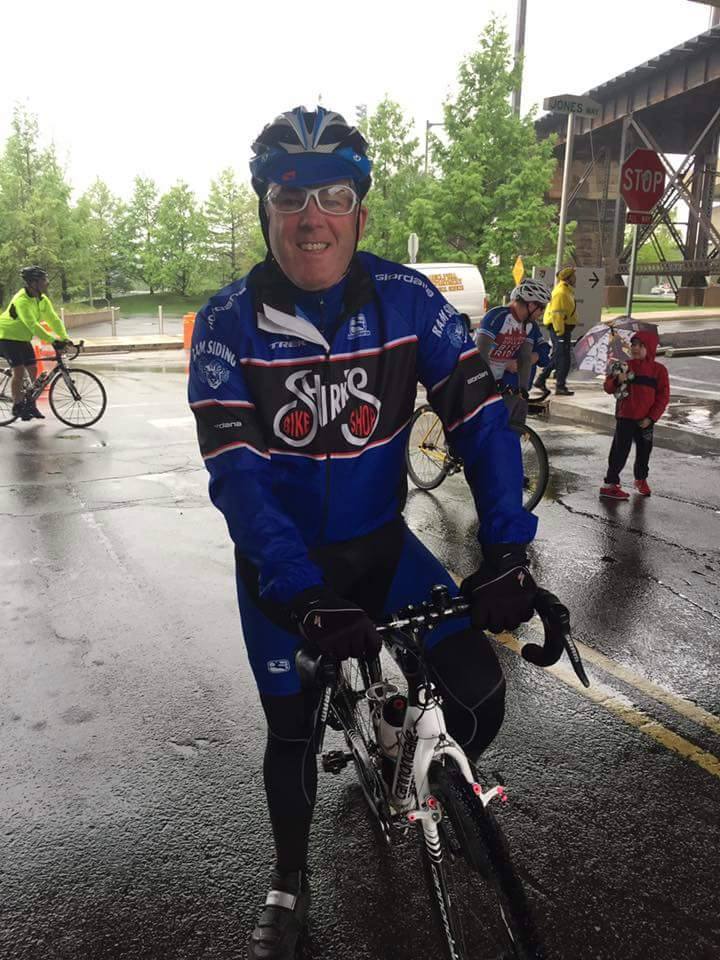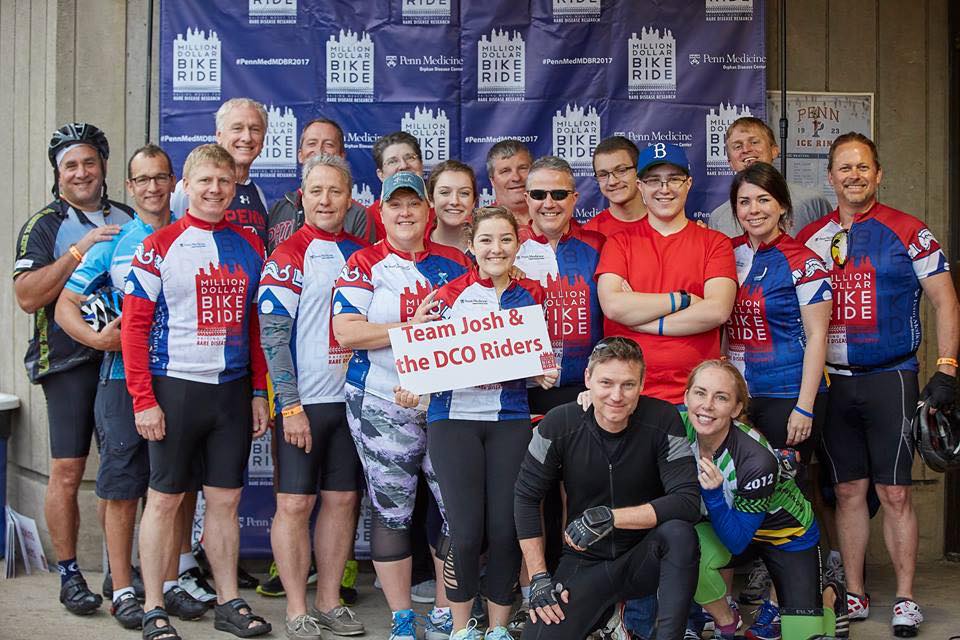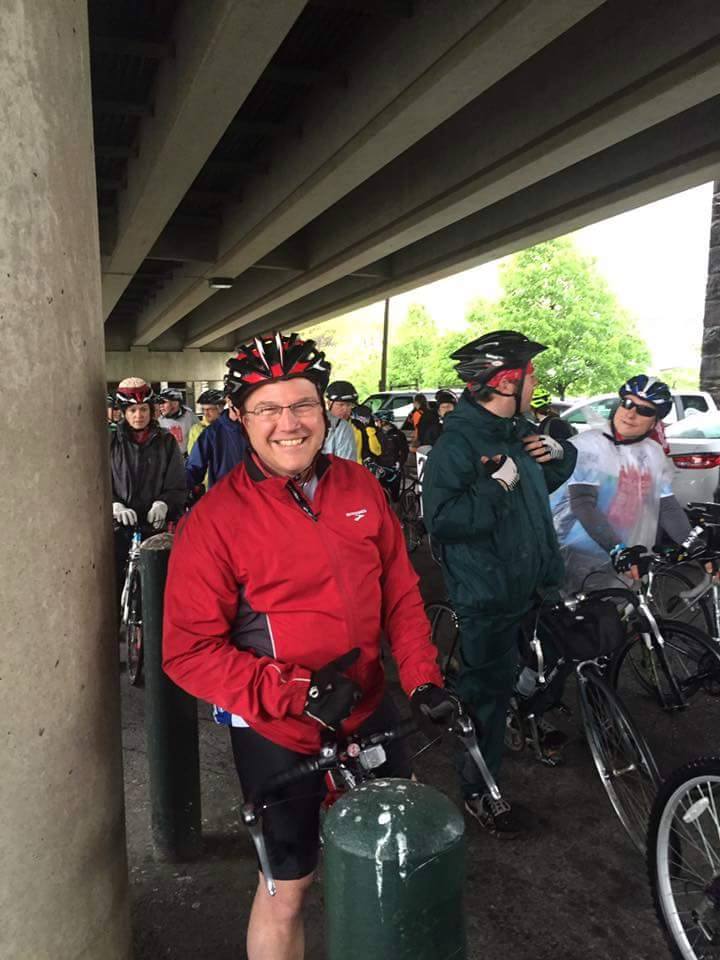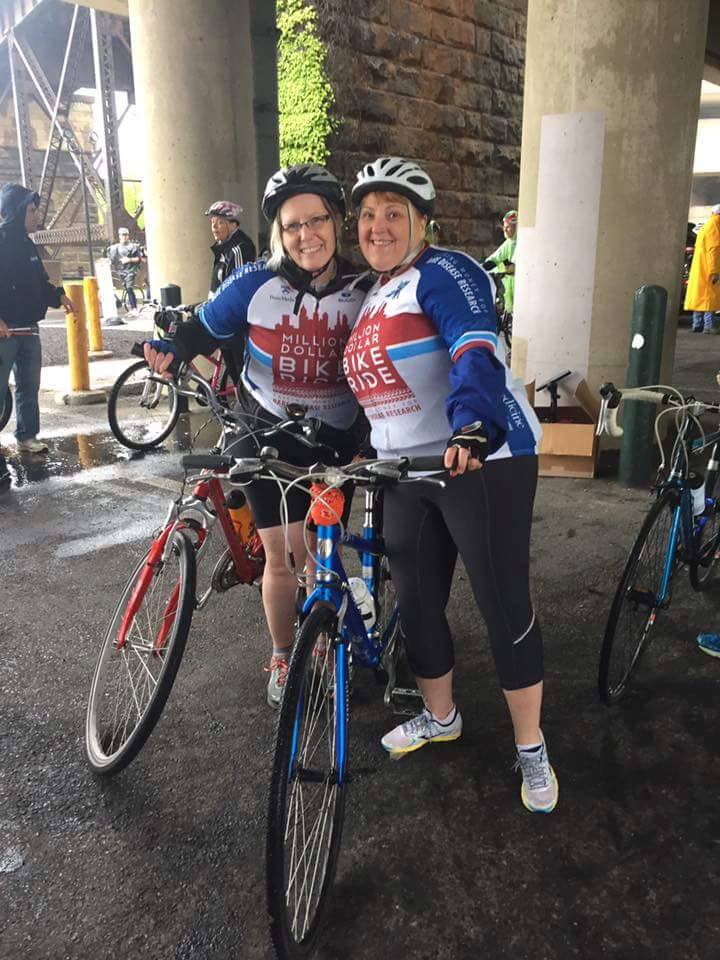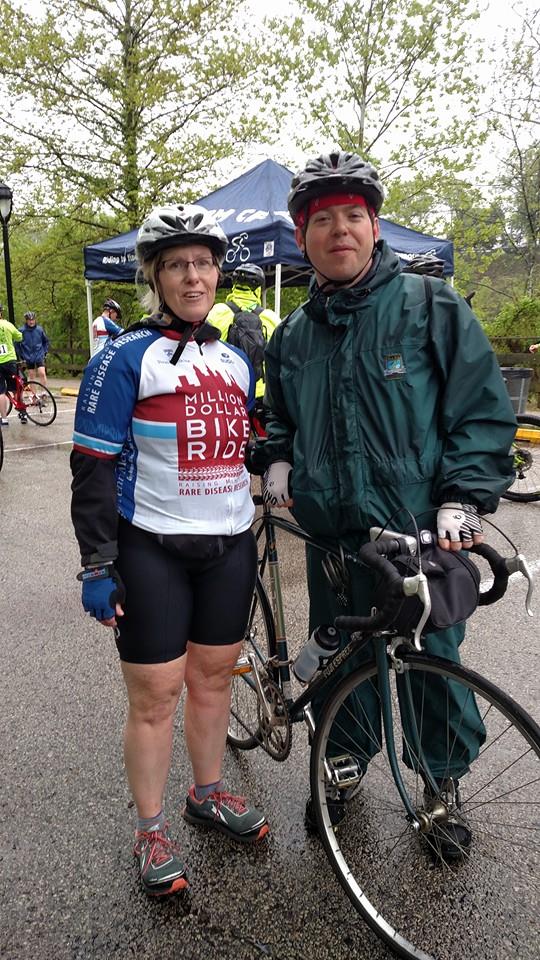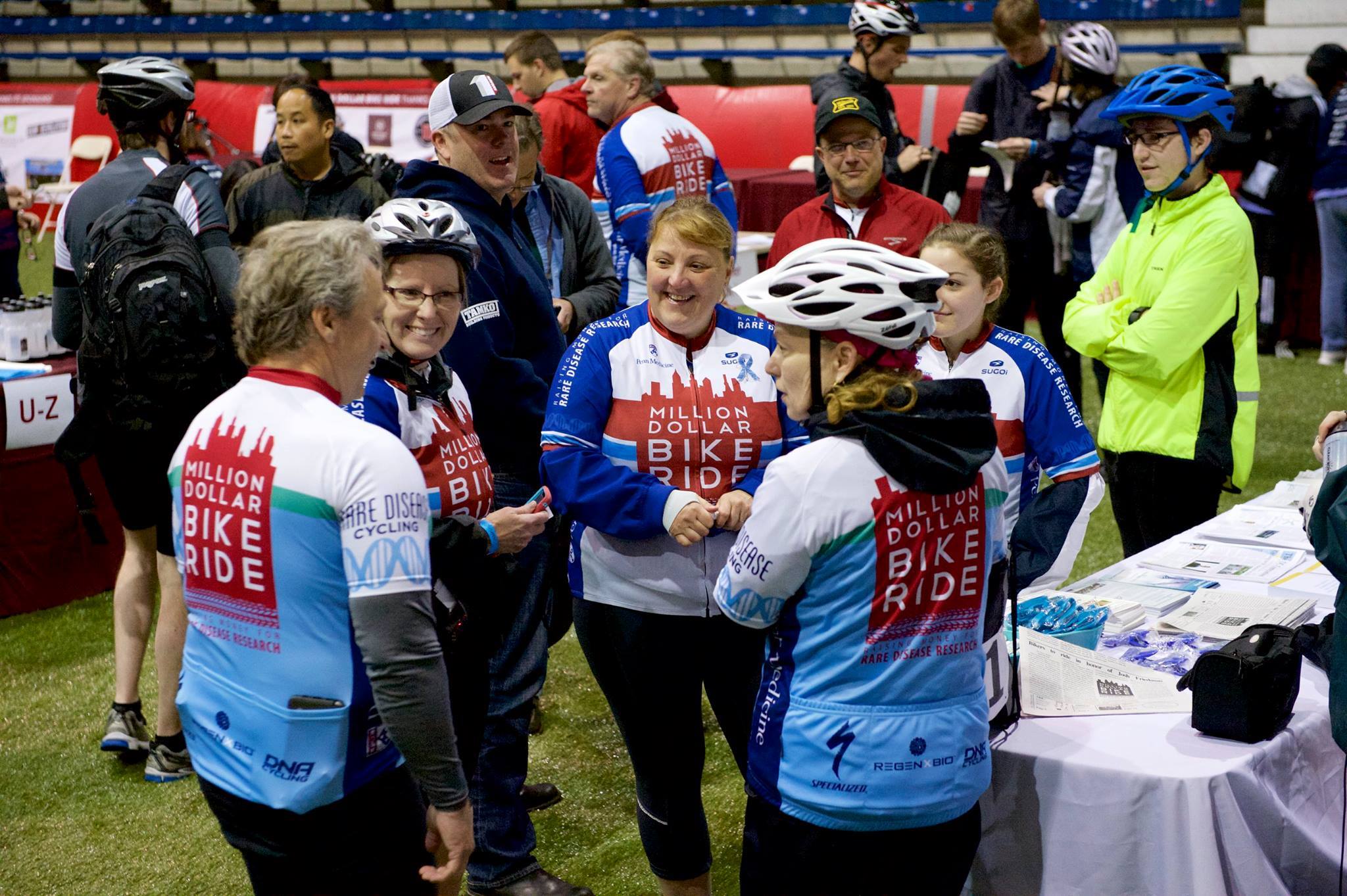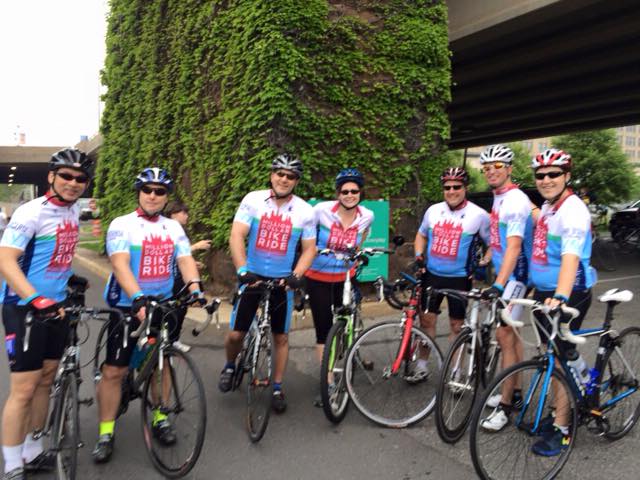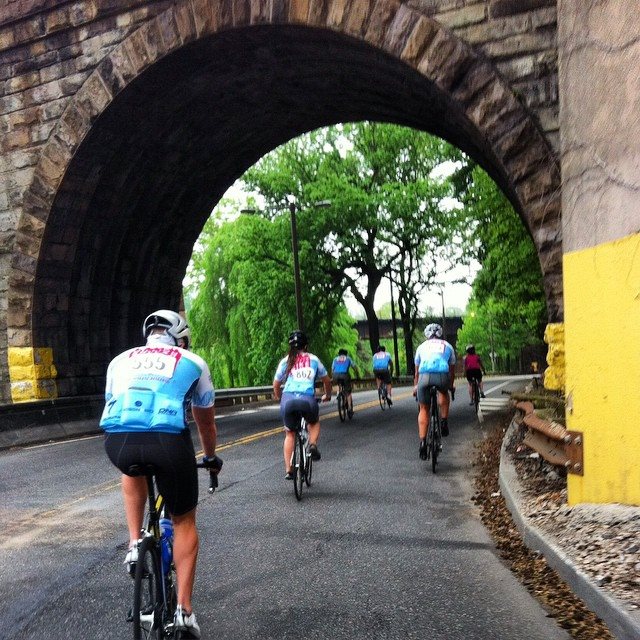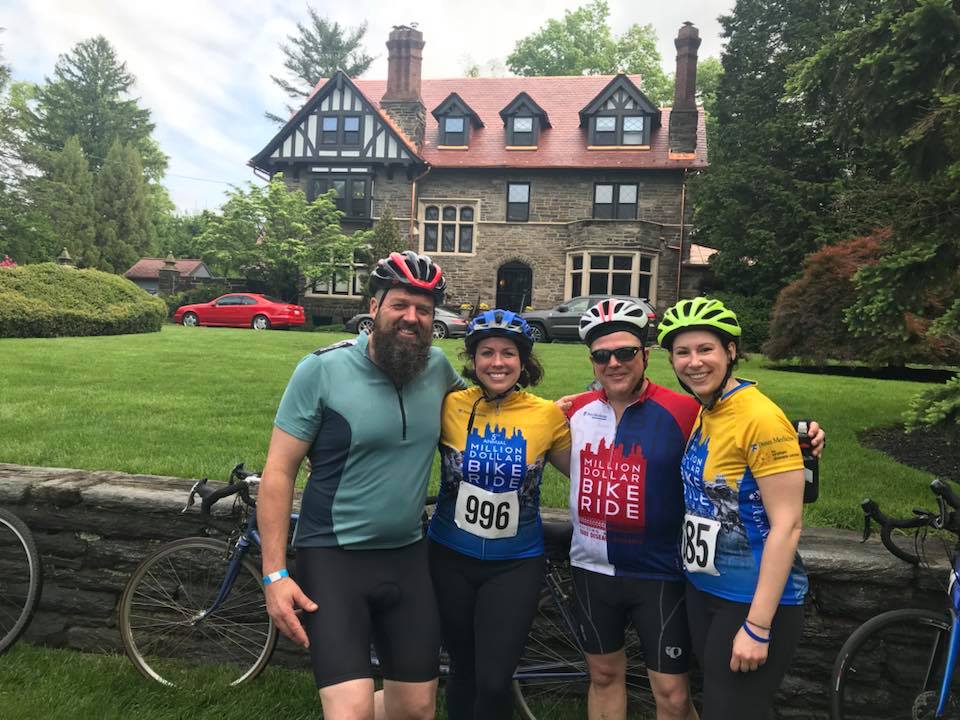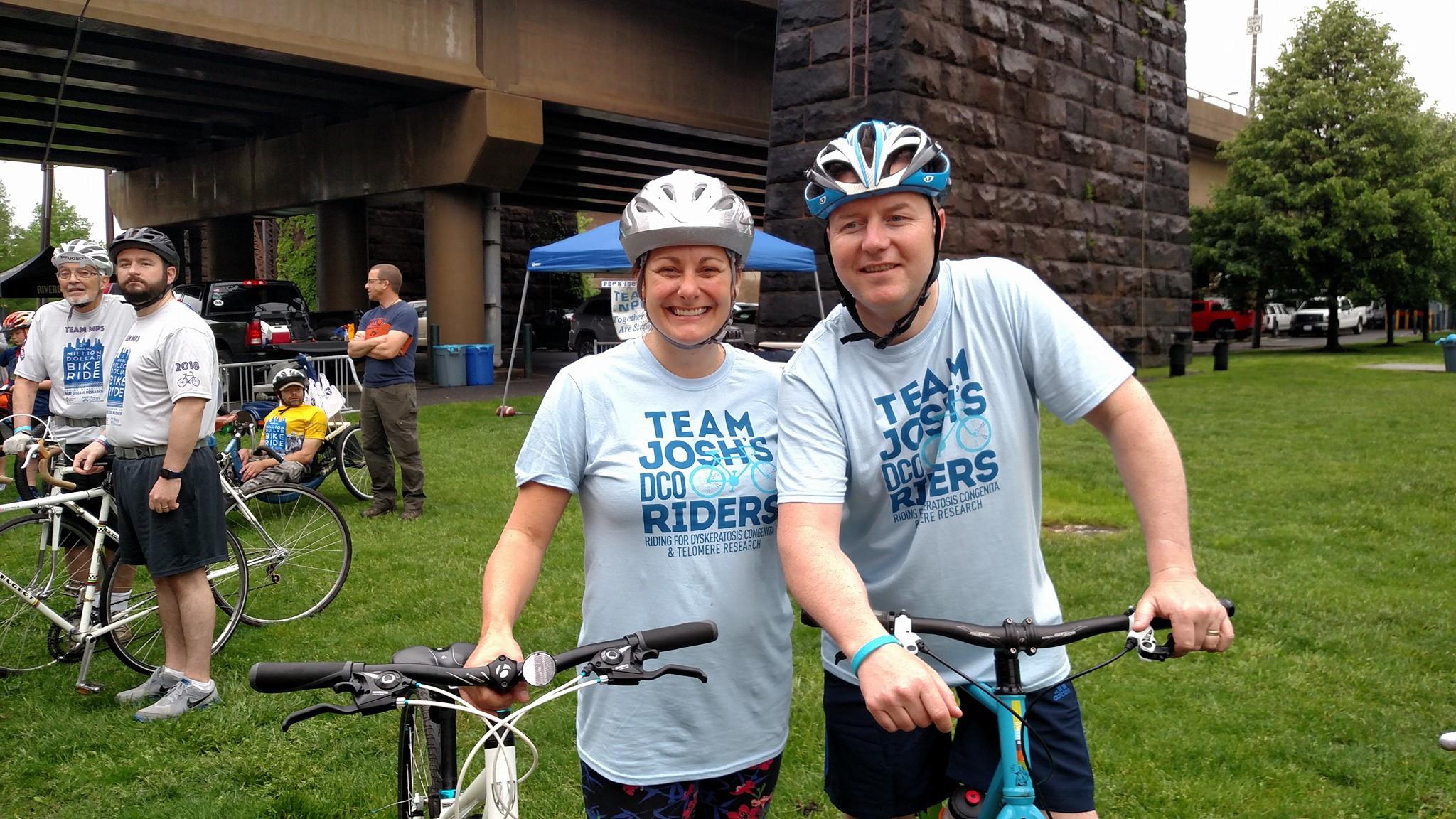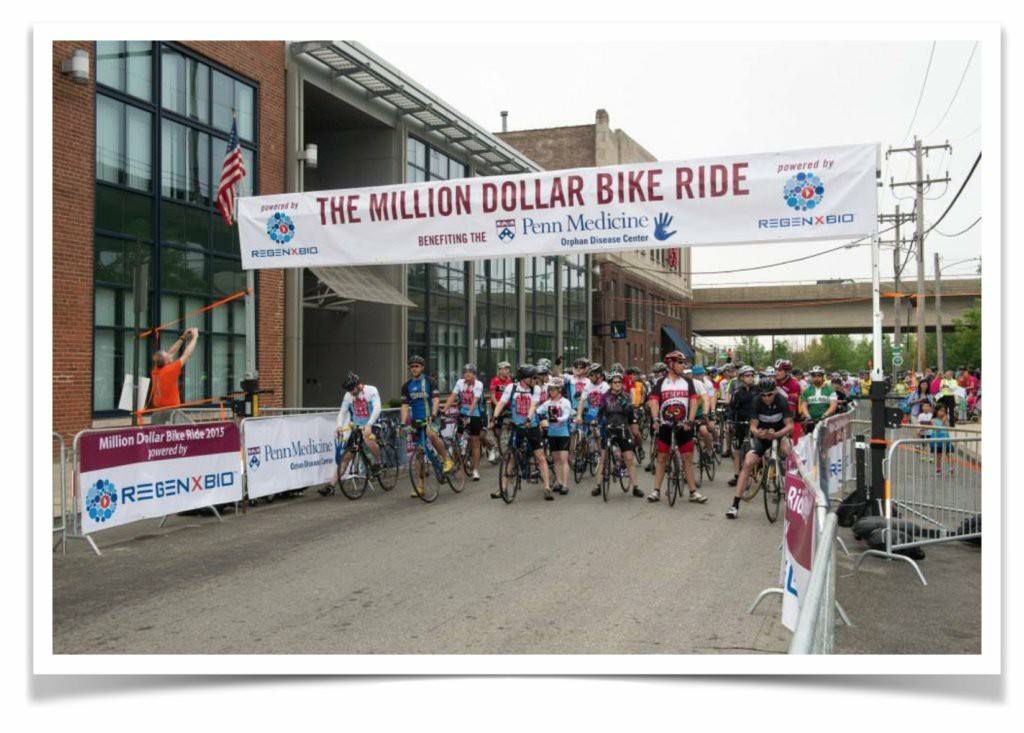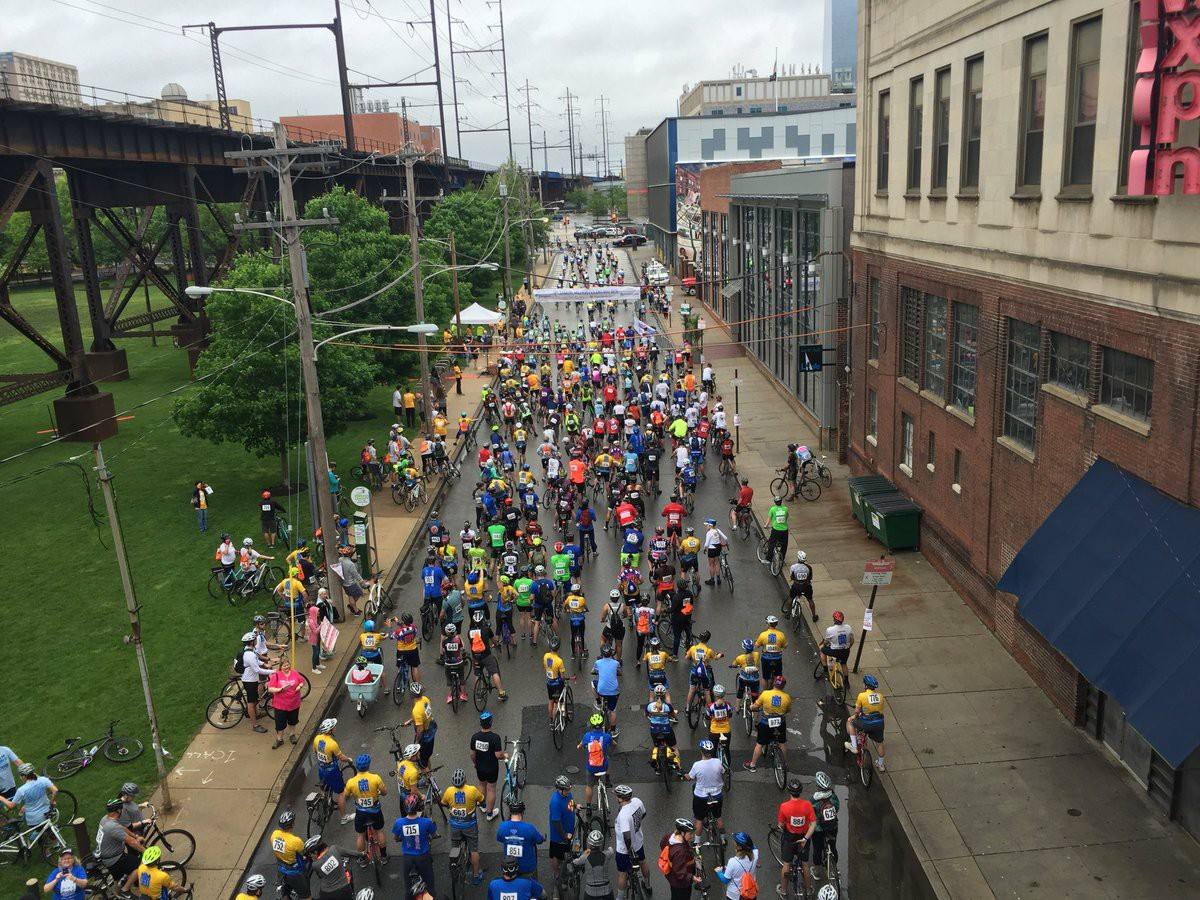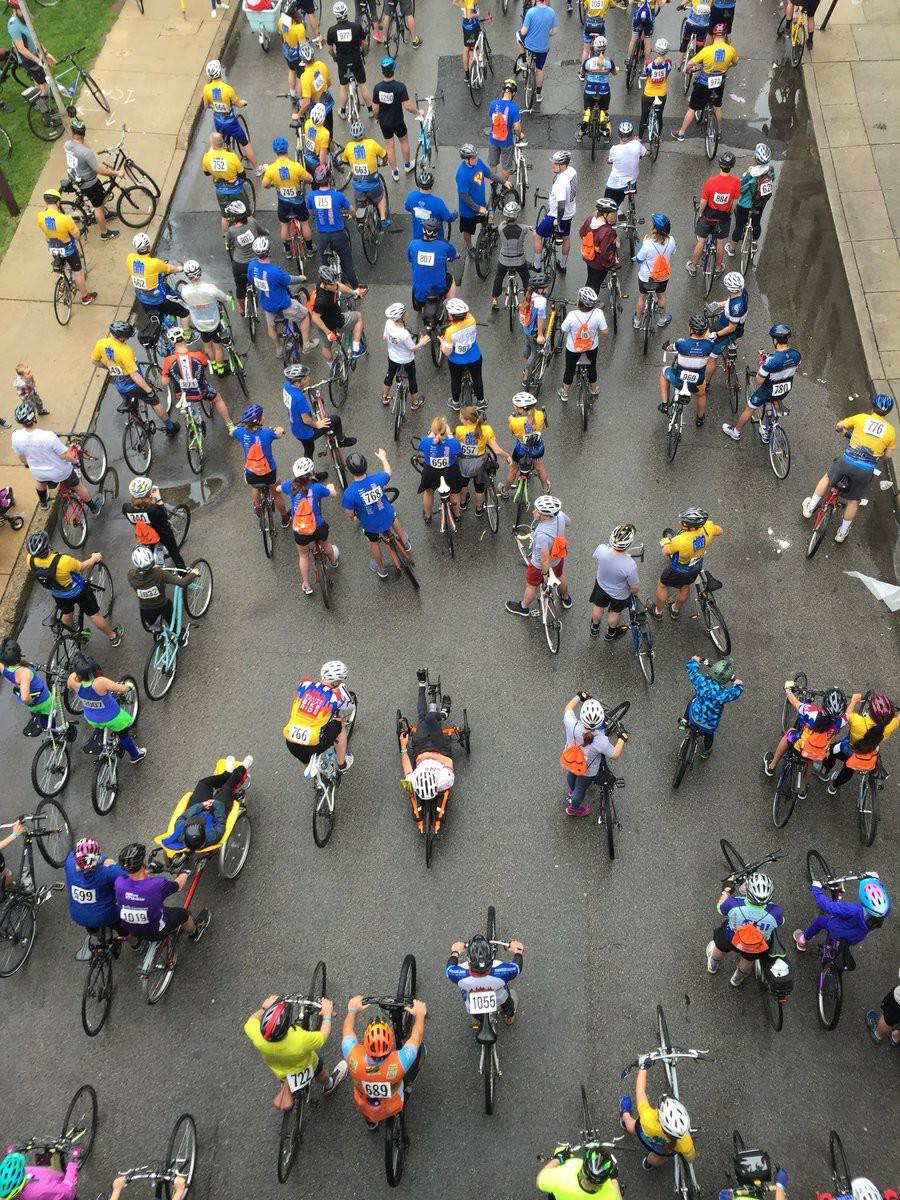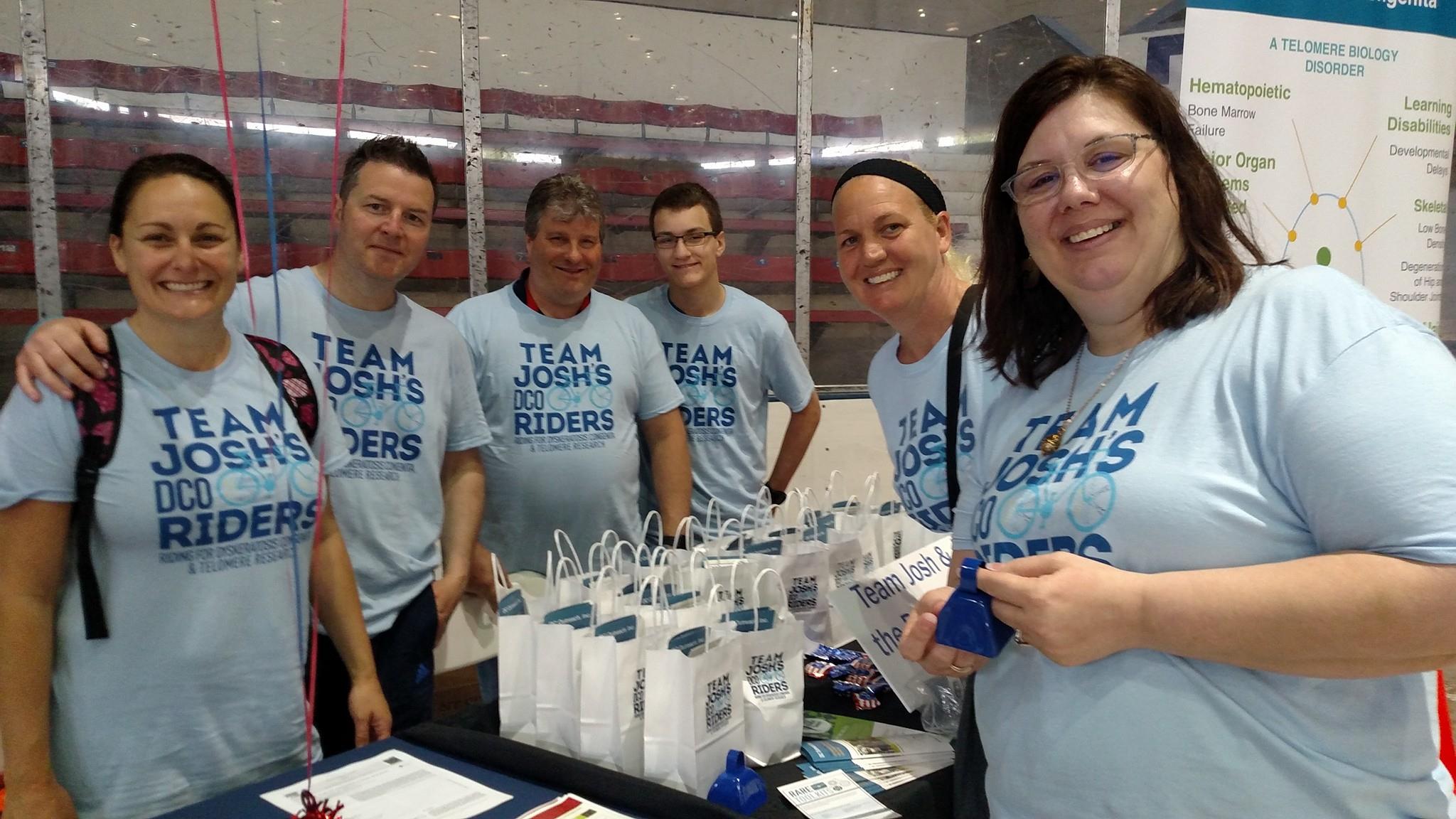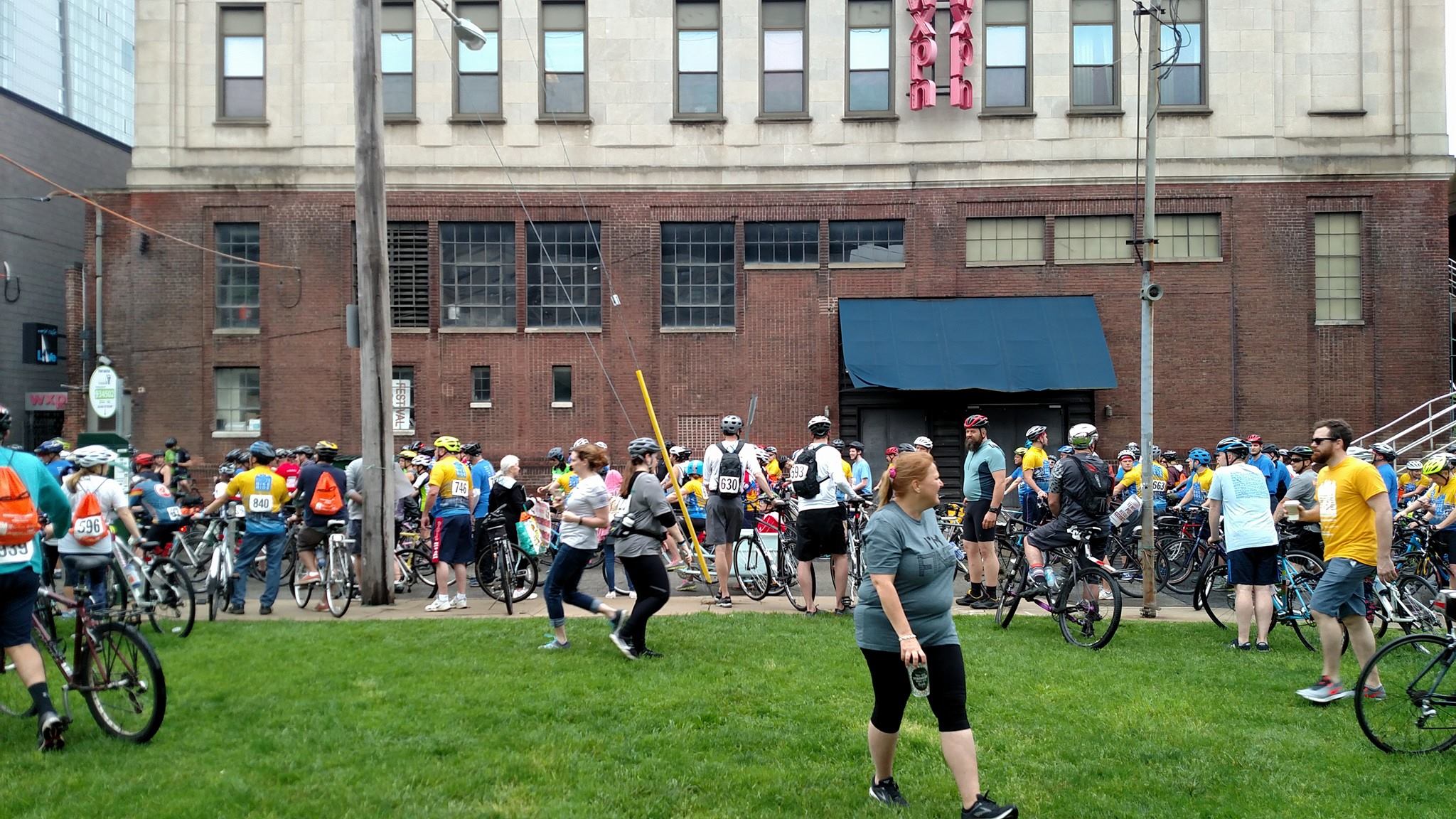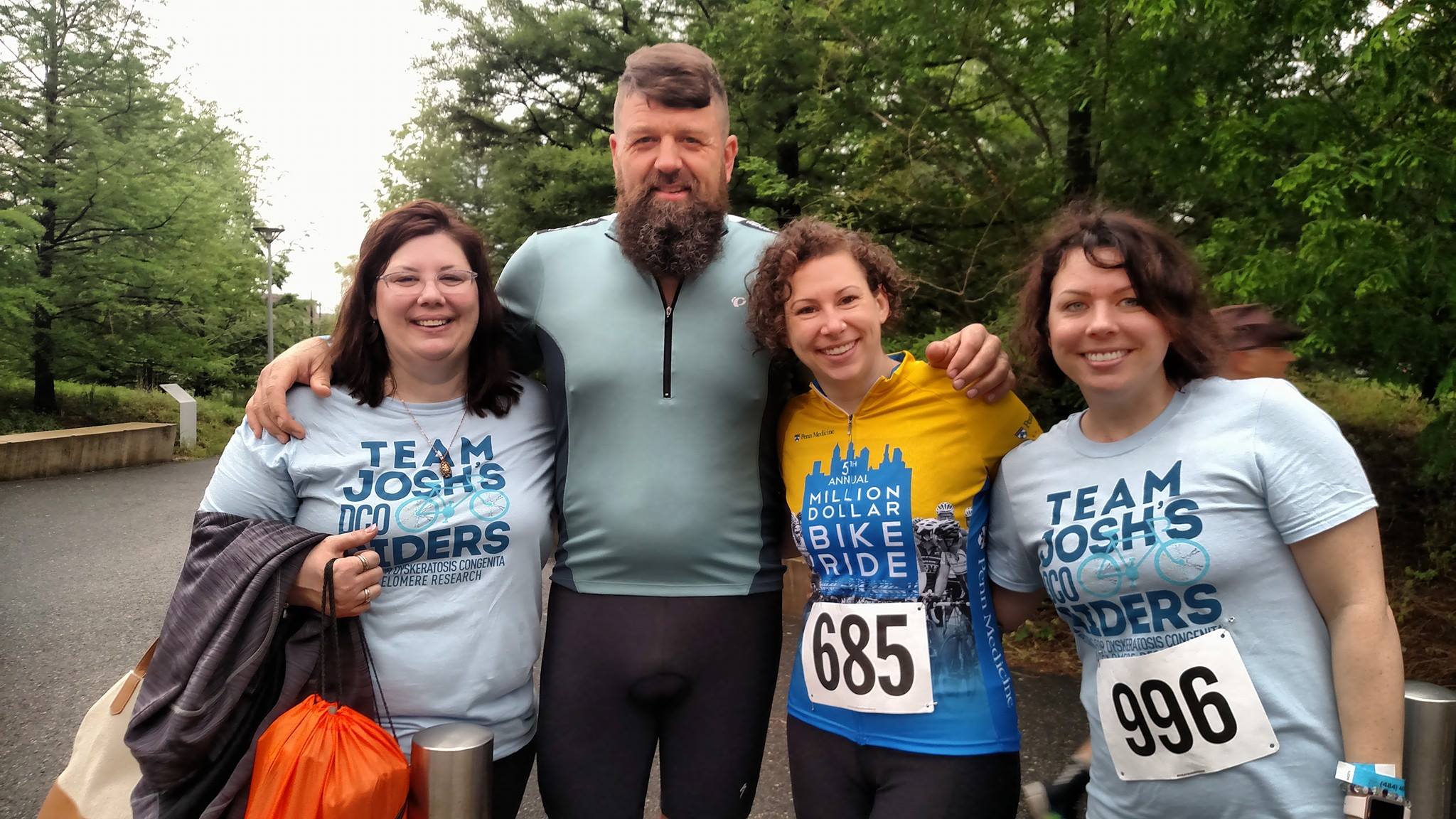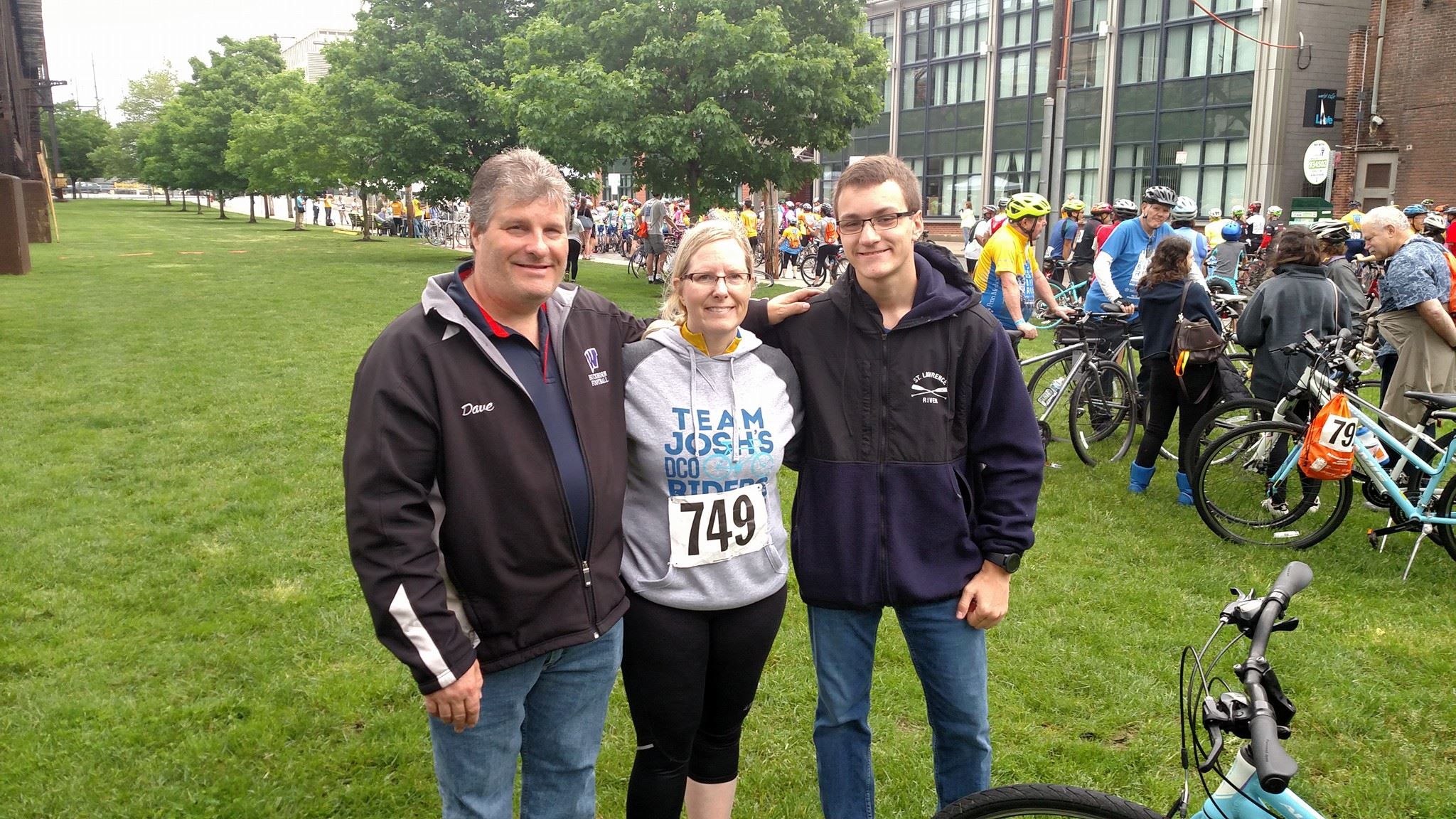We have partnered with Penn’s Orphan Disease Center since 2014 to excel our ability to fund quality science for Telomere Biology Disorders. To date we have raised over $580,000 for TBD research. Our goal for this year is to raise $40,000 for TBD research.
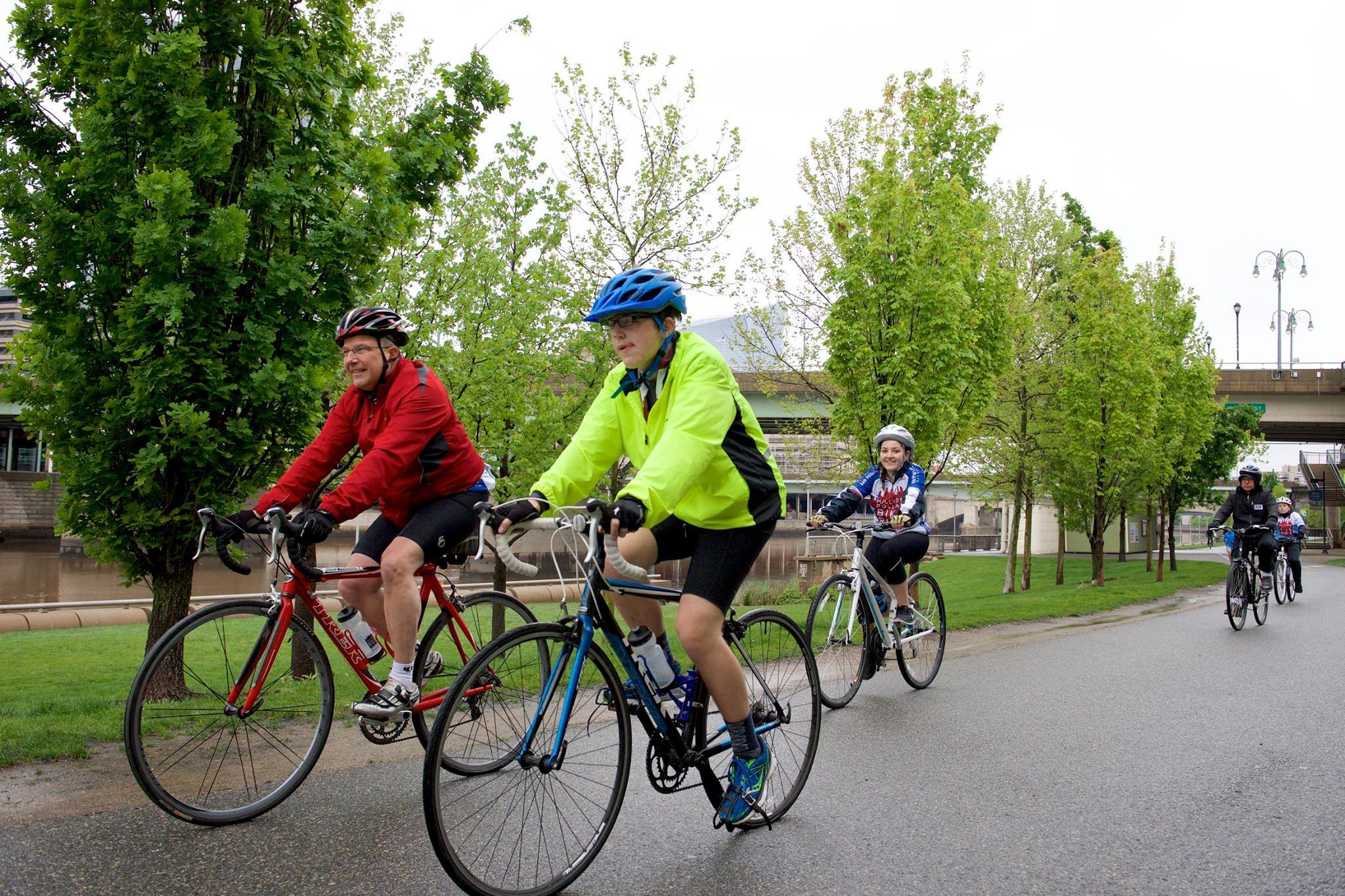
History
Team Telomere’s MDBR Team started as Team Josh’s DCO Riders 2015, in honor of Joshua Friedman. Josh passed away in 2011 from Dyskeratosis Congenita (DC), a telomere biology disorder. Josh lived a full and beautiful life and touched many people throughout.
Josh’s lasting legacy is a gift to our community as his story has helped raise over $580,000 in research.
Start a Fundraiser
We want to help you be an active part of Team Telomere. Our newly designed fundraising page is user-friendly and allows you to create your team and raise funds virtually from anywhere in the world!
Inspire yourself to set up your fundraising campaigns from peloton rides, virtual yoga classes, 5K runs, and much more! Create a unique team page in minutes, ask for donations, and share with family and friends on social media to help raise funds for research!
We ask our community to rally their friends, family, and networks to support our work. Creating a fundraiser for Team Telomere will help our community move forward with our mission, and you’ll help your friends feel good about doing good. Starting a fundraiser is easy to do, and it’s fun.
Create your page today:
2024 Team Telomere Million Dollar Bike Ride Grant
Project Title: Cross-tissue ultrastructural imaging for discovering fibrotic determinants and actionable targets in DC/TBD
Principal Investigator: Dr. Alfredo Rodríguez Gómez, PhD, National Autonomous University of Mexico (UNAM)
Amount Awarded:$62,158
Lay Summary:
Fibrosis is defined by the excess deposition, by fibroblasts, of structural and matricellular proteins in the extracellular space. Patients with DC/TBD have an increased predisposition to fibrosis of the lung and liver, however very little is known about how the fibrotic niche is composed in patients with DC/TBD.
In a collaboration between the National Autonomous University of Mexico (UNAM) and Mayo Clinic, in this work we will perform spatial analysis of fibrotic lung and liver from patients with DC/TBD to discover cellular and molecular determinants of fibrosis, to this aim we will implement state-of-the-art spatial transcriptomics and multidimensional imaging of stored paraffin-embedded samples (FFPE) from patients with DC/TBD.
Using these technologies we will identify, with very high resolution, cell types and their functional states in the fibrotic tissue from patients with DC/TBD. We will identify markers for patient’s stratification, prognostic markers, and very importantly to propose therapeutic targets for the treatment of patients with fibrosis. This will allow us to learn from the past and project improvements for the future of patients with DC/TBD.
2023 Team Telomere Million Dollar Bike Ride Grant
Project Title: Nucleoside therapy for telomere diseases
Principal Investigator: Suneet Agarwal, MD, PhD, Boston Children’s Hospital
Amount Awarded: $63,000.00
Lay Summary: Telomere biology disorders (TBDs) are a spectrum of diseases characterized by life-threatening complications including bone marrow failure, liver and lung disease. Tissue and organ transplantation remain the primary treatments, but cures that address the underlying problem and restore telomere length to improve symptoms throughout the body are lacking. We recently discovered that molecules called nucleosides can increase telomere length in human cells, including those from patients with TBDs. This is exciting because nucleosides have already been used in children with another rare disease, and appear to be safe and effective for that disease. In this proposal, we will now rigorously test whether these same nucleosides can effectively increase telomere length in human stem cells, both in the dish and in animal models. If successful, these experiments will provide critical results that will help take nucleosides into clinical trials for patients with TBDs.
In six years, the MDBR’s 30+ teams have raised over $10 million to fund rare disease research grants. These research grants have had a huge impact on our Team Telomere Community. Keep reading to learn about past research grants.
